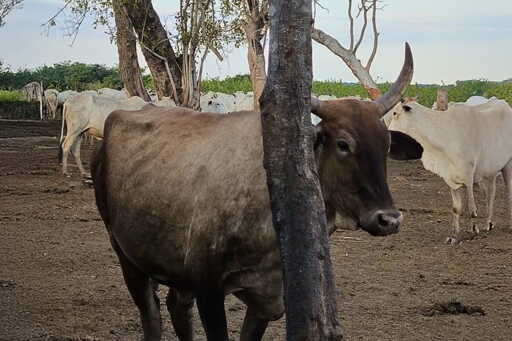Beef production is a major driver of climate change. It fuels deforestation in crucial biomes, a significant source of carbon emissions, and cows themselves produce methane, a potent greenhouse gas. Regenerative ranching practices aim to reduce the environmental and climate impacts of rearing cattle, but some conservation groups say a pivot away from beef is the only sustainable option, Mongabay’s John Cannon reported. “The animal [agricultural] industry is one of the most heavily subsidized industries on the planet,” Chris Jordan, the Latin America director for U.S. nonprofit Re:wild, told Cannon. “So why are we using the little biodiversity money that exists to further subsidize these industries?” Multinational companies like JBS, the world’s largest meatpacker — with a history of corruption and involvement in Amazon deforestation — are already highly profitable, Jordan added. Millions of hectares of tropical rainforest have been deforested for ranching. In the Amazon, researchers estimate that clearing for livestock is responsible for 80% of deforestation in the world’s largest rainforest. Demand for beef, especially from the U.S., is only expected to grow in the coming decades. “Conservationists call it the triple crisis with biodiversity, climate and pandemics,” said Jeremy Radachowsky, Mesoamerica and Western Caribbean director for the Wildlife Conservation Society. “Cattle are sort of at the heart of all of those things.” Several of the world’s largest environmental nonprofit organizations, including The Nature Conservancy (TNC), WWF and Audubon, say sustainable ranching practices are part of the solution to these problems. They work with beef companies and ranchers…This article was originally published on Mongabay
From Conservation news via this RSS feed


